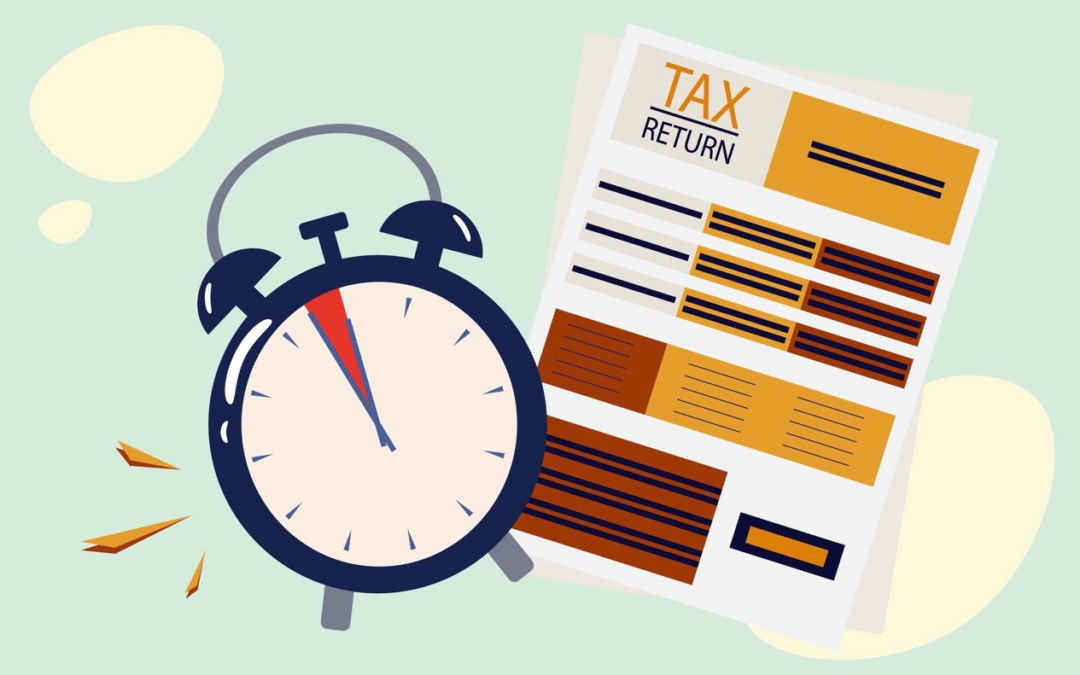Reasons to File a Tax Extension
Most Americans have until April 15 to file their federal income tax returns this year. However, if you cannot file your return by the deadline, you can quickly extend the deadline to October 15. You must request a tax extension by completing an IRS form or paying your taxes electronically. Make sure to act before the initial due date.
The IRS lets you file an extension if you need additional time to submit your taxes. This offers you a further six months to finish your return. While obtaining an IRS extension does not exempt you from paying your tax payment by the deadline, there are a few reasons why it could be the best option.
Tax extensions are for more than just folks who need to catch up on paying their taxes. There are numerous reasons why filing for a tax extension would be helpful to everyone. Filing an extension is simple and quick, and the IRS will give you up to 6 months to finish your taxes.
Who qualifies for a tax extension?
Anyone can file a tax extension, regardless of income or filing status. Furthermore, tax extensions are not confined to individual taxpayers; organizations and corporations can apply them. Individual taxpayers will use Form 4868 to file a tax extension. Businesses and corporations can use Form 7004. Alternate forms are also available for those who require specific accommodations.
Reasons To File a Tax Extension
You still need to get all of your tax and financial information. You may still be working on the books if you own a small business. Alternatively, you could be waiting for a letter verifying a charitable contribution. You may still require the basis for the stock you sold or specific paperwork from a financial institution. If you’re waiting for information that will help you file your return correctly, waiting until you get it is probably advisable.
Avoid Fixing Errors
Forms 1099 and K-1 are often rectified or revised. If you rushed to file and later received a corrected 1099 or K-1, you will likely need to alter your original tax return. Take in consideration that filing an extension does not extend your tax payment deadline. You should pay the amount you expect to owe before the due date. Tax underpayment will result in penalties, you will be charged interest from the initial due date until you pay the total amount. You may also face penalties, although you may be eligible for relief if you have “reasonable cause” or disclose your income with reasonable accuracy on your extension request form.
It would help if you had more time to make contributions.
If you are considering funding or starting a retirement plan for the 2023 tax year, you may wish to submit an extension to have more time to complete it. Contributions to an IRA are also tax-deductible, you can use on your 2023 tax return to minimize your taxable income. Remember, you must make your decision by the April 15 filing date.
Benefits of Filing for a Tax Extension
You get more time to file.
Request a tax extension if you cannot file your return by the April 15 deadline. If you cannot file due to illness, a loss of tax records, or a computer crash, you cannot. Refrain from bashing your head against the wall and trying to figure out how to get your return before the deadline. Take the extension!
More time can result in a more accurate tax return. You’ll have more time to decide which tax breaks apply to you and which do not. So, if you need help handling something on your tax return, take your time; a tax extension will give you extra time to figure it out.
Avoid Late Penalties
The IRS assesses late fines for failing to file taxes on time. Understandably, you are behind and will be unable to file your taxes on time for whatever reason. This does not imply that you will always have to pay late fees. If you request an extension, you can avoid paying any late fees.
You might get more time to contribute to retirement savings.
Obtaining a filing extension also provides self-employed individuals extra time to contribute to their retirement accounts. Contributions to a 401(k) plan or Simplified Employee Pension (SEP) IRA for the preceding calendar year are typically due by the initial tax return filing deadline (April 15 this year). However, if you receive an extension to file your return, you will also be granted an extension to contribute to these accounts.
Final Notes
Not only will you prolong the filing deadline to October 15, but you will also alleviate the stress of attempting to have everything together by tax time. More time and less stress allow you to thoroughly analyze your return and ensure you’re taking advantage of any tax breaks. You will also avoid failure-to-file penalties, which can amount to up to 25% of the tax owed. If you file an extension but fail to meet the extended deadline, you will face this penalty. Remember that filing an extension when you owe taxes simply provides extra time to file, not to pay—your payment is still due on the tax filing deadline.


Recent Comments